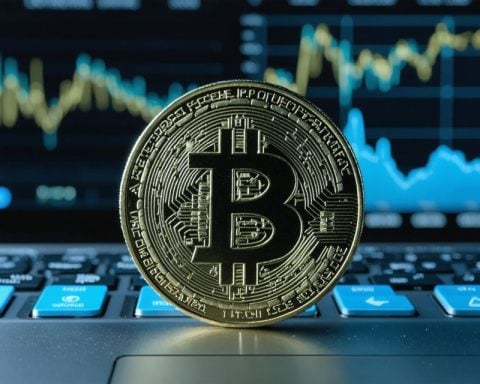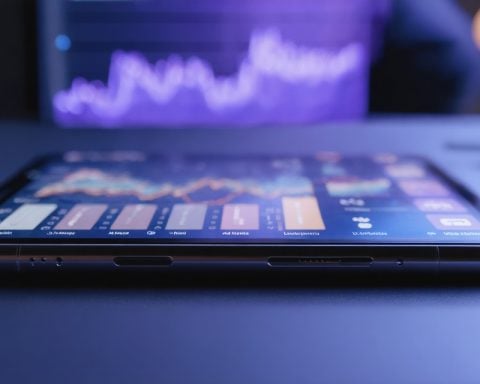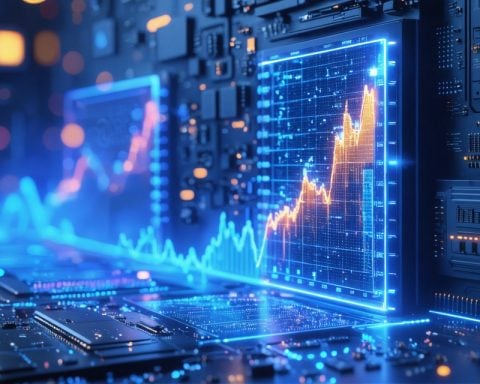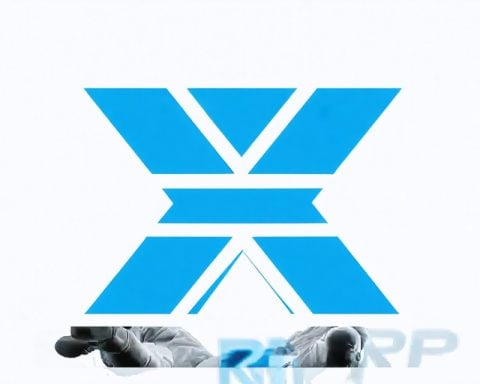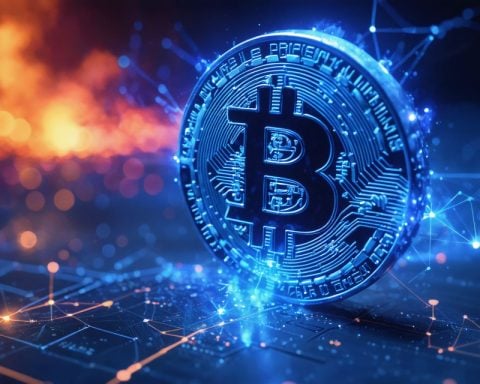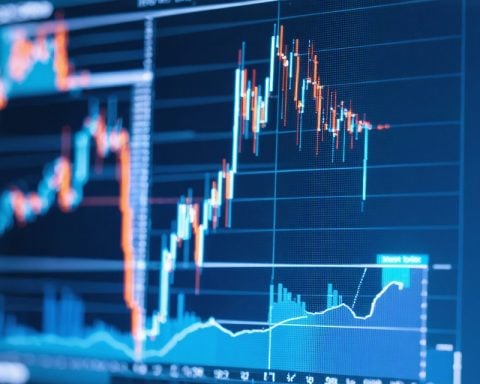In the rapidly evolving world of gaming, a groundbreaking trend is emerging where virtual stock markets are beginning to reshape the landscape of economic simulations. These innovations are introducing players to practical financial concepts while they navigate in-game economies. This new wave of gaming promises both education and entertainment, providing a glimpse into the future of interactive learning.
Virtual Economies with Real-Life Lessons
Recent advancements in virtual reality and gaming have led to the rise of complex in-game economic systems. Games like “EVE Online” and “Roblox” are already creating environments where players trade, invest, and manage virtual assets. In these digital economies, players can experience the principles of supply and demand, market fluctuations, and strategic investment in a risk-free setting.
Educational Gaming: Bridging the Gap
The introduction of virtual stock markets in games is proving to be a potent educational tool. Gamers learn critical financial literacy skills such as portfolio management and decision-making, which are applicable in real-world scenarios. By simulating real stock market environments, these games engage users who might not otherwise be interested in finance, effectively serving as a bridge between entertainment and education.
Looking Ahead: The Future of Gaming Economies
As technology continues to advance, the line between virtual and real-world economies is becoming increasingly blurred. With the integration of cryptocurrencies and blockchain technology, future games might allow players to earn real monetary rewards through virtual stock trading. This blend of fantasy and reality not only enhances gameplay but also prepares players for tangible financial markets.
The incorporation of virtual stock markets showcases how gaming is evolving beyond traditional entertainment, opening new doors for education and innovation in the digital age.
Are Virtual Stock Markets the Future of Financial Literacy?
In the dynamic realm of gaming, virtual stock markets are sparking debates and driving significant change. While many view these markets as a tool for education and engagement, questions about the broader implications on society are emerging.
How Do Virtual Stock Markets Affect Players’ Lives?
These virtual stock markets introduce players to financial literacy in an engaging and non-threatening environment. Players gain realistic experiences that translate well into understanding real-world economic conditions. But what’s less discussed is the psychological impact. Are players becoming overly risk-tolerant, thinking that real-world stakes resemble those in a game? And how does this virtual proficiency translate when one’s bank account balances are in play?
Controversies and Concerns
While these virtual economies offer remarkable learning experiences, they also raise ethical questions. Given that some players may overspend or become heavily invested in virtual assets, does this reflect a healthy learning curve, or are we witnessing the gamification of addiction? With younger, impressionable audiences diving into these economies, the risks of misunderstanding financial principles grow.
Advantages and Disadvantages for Communities and Nations
On a positive note, virtual stock markets can demystify complex financial systems, equipping players with skills beneficial for personal financial management. They may encourage an interest in business and economics careers, fostering a knowledgeable generation. Conversely, an over-reliance on virtual experiences might promote unrealistic expectations about real-world finance, potentially leading to risky economic behaviors.
Ultimately, the future success of virtual stock markets in gaming hinges on balancing educational value with ethical responsibility. As these digital landscapes evolve, how close are we to creating a holistic learning experience that effectively prepares individuals for the real world?
For more about educational gaming and its impact, explore link name and link name.




